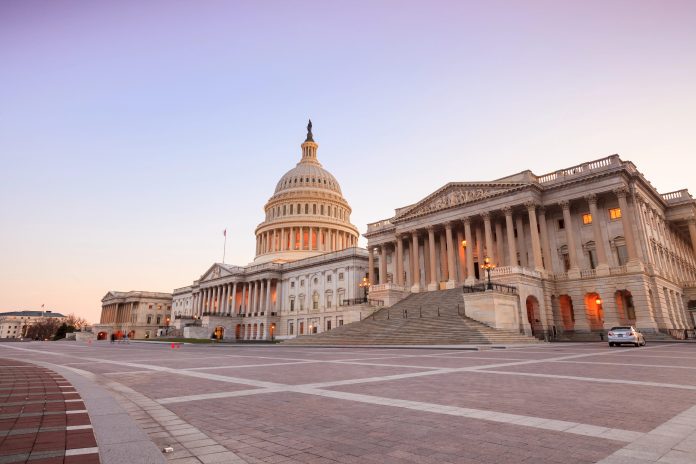- The Senate voted 52-48 to overturn the CFPB’s rule limiting overdraft fees to $5.
- The rule was part of a broader Biden administration push to reduce “junk fees.”
- If passed by the House and signed by President Trump, banks could resume charging higher overdraft fees.
The U.S. Senate voted on Thursday to undo a Consumer Financial Protection Bureau (CFPB) rule that aimed to cap overdraft fees at $5 for banks with more than $10 billion in assets. The resolution passed 52-48 under the Congressional Review Act, with Missouri Senator Josh Hawley breaking ranks as the only Republican to vote against it.
The rule was finalized by the CFPB in December 2024 and scheduled to take effect in late 2025. It would have significantly reduced overdraft charges, which often exceed $30 per transaction, unless banks could show that higher fees were justified by their processing costs. Supporters said the measure would curb exploitative practices. Critics argued it amounted to government price controls.
Senator Tim Scott of South Carolina, who chairs the Senate Banking Committee, introduced the resolution and said the rollback supports consumer choice. Democrats, however, warned the move would increase the financial burden on working families.
Related: Best Free Checking Accounts
Overdraft Charges And Protections
The rule originally came about during the Biden Administration to curb excess “junk fees”. Overdraft fees have been a huge target of regulation in recent years because they’re seen as predatory. The average overdraft fee in 2024 was approximately $25, with some as high as $39.
According to the CFPB, banks earned nearly $6 billion in overdraft fees in 2023, with JP Morgan Chase and Wells Fargo leading the pack of banks earning the most in fees.
What Happens Next
The resolution now moves to the House, where it is expected to pass due to Republican control. The House Rules Committee is scheduled to review the measure on March 31. A simple majority in the House would send it to President Donald Trump’s desk, where it is expected to be signed into law.
If enacted, the CFPB’s rule would be nullified, and banks could continue charging overdraft fees as before. The rule’s original goal was to protect consumers from multiple charges on a single overdraft and reduce the financial hit of occasional account shortfalls.
Consumer advocacy groups argue that repealing the rule could push more Americans into cycles of debt. Supporters of the resolution say the CFPB exceeded its authority and that banks should be allowed to price services based on their cost structures.
Don’t Miss These Other Stories:
Best Online Banks Of 2025: Fee-Free Online Banking
8 Steps To Secure Your Financial Information
Best Credit Unions Nationwide Of 2025
Create your very own Auto Publish News/Blog Site and Earn Passive Income in Just 4 Easy Steps







